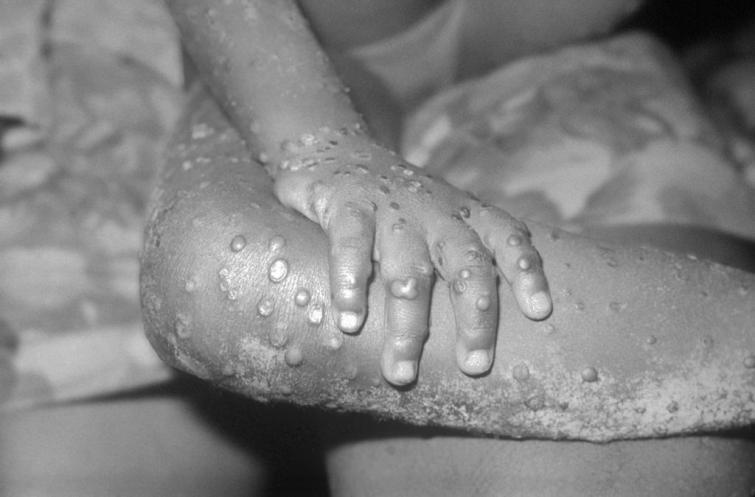
Indonesia on alert as monkeypox case confirmed in neighboring Singapore
Jakarta, May 14 (Xinhua/UNI) Indonesia is taking precautionary measures to prevent the spread of the monkeypox virus into the country, after a case was confirmed in neighboring Singapore earlier this month.
A 38-year-old Nigerian who arrived in Singapore on April 28 was confirmed to have contracted by the monkeypox virus on May 8.
Indonesian hospitals were prepared to treat suspected patients infected by the monkeypox virus, while detection on visitors coming into the country has been intensified, the country's health authorities said.
For those who have just returned from monkeypox virus-affected nations, the health ministry called on them to immediately conduct medical check ups should they have the symptoms of the disease.
"As one of the hot spots of zoonosis and repeated infecting disease in Asia, Indonesia must be always on alert of facing outbreak which may occur at any time, such as monkeypox which has been found in Singapore and potential to spread into Indonesia," Minister of Human Development and Culture Affair Puan Maharani said on Tuesday.
Although there has been no monkeypox case confirmed in the country so far, authorities in Batam Island, the closest point to Singapore, two hospitals have been prepared as the main treatment centers for infected patients, local media reported.
Two thermal detectors have been installed at the arrival gates in the international seaport of Batam Island, senior official at the coordinating maritime affairs department in Batam Tiara Sesialia said.
Director general for disease prevention and control of health ministry Anung Sugihatoro urged people to immediately undertake medical check ups if they suffer from high fever, swollen lymph gland, and changing of skin color in less than three weeks after returning from monkeypox virus-affected nations.
The Foreign ministry has advised the country's nationals in Singapore to calm down and closely follow the development of the situation.
Monkeypox disease is caused by viruses which are primarily transmitted to human from animals. The disease would typically cause the infected person to suffer from fever, muscle aches, backache, skin rash and swollen lymph nodes. In some case the virus can trigger serious complications such as pneumonia, sepsis, brain inflammation and loss of vision.
Support Our Journalism
We cannot do without you.. your contribution supports unbiased journalism
IBNS is not driven by any ism- not wokeism, not racism, not skewed secularism, not hyper right-wing or left liberal ideals, nor by any hardline religious beliefs or hyper nationalism. We want to serve you good old objective news, as they are. We do not judge or preach. We let people decide for themselves. We only try to present factual and well-sourced news.







